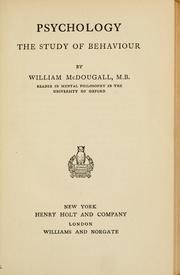
Photo from academic.microsoft.com
The aim of this study was to examine from a person-centered approach the impact of temperament on academic achievement and sociometric status in a sample of 6–7-year-old Spanish children. To… Click to show full abstract
The aim of this study was to examine from a person-centered approach the impact of temperament on academic achievement and sociometric status in a sample of 6–7-year-old Spanish children. To measure children’s temperament in early childhood, parents were given TMCQ (Temperament in Middle Childhood Questionnaire), while sociometric status and academic achievement were requested for children’s teachers. Using latent profile analysis (LPA) four temperament profiles were found. Children belonged to the “Negative/Undercontrolled” profile showed a higher probability of academic failure and were more rejected, and children included in the profile “Sociable/High regulated” showed higher academic scores and a lower probability of being rejected by their peers. Several implications in the Spanish educational context are discussed.
Journal Title: Frontiers in Psychology
Year Published: 2020
Link to full text (if available)
Share on Social Media: Sign Up to like & get
recommendations!